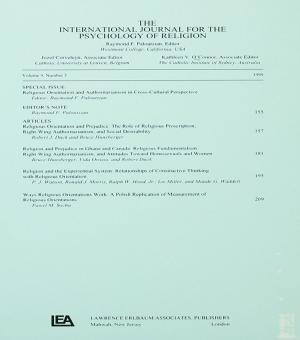Scientific and Political Freedom in Islam
A Critical Reading of the Modernist-Apologetic School
Nonfiction, Religion & Spirituality, Middle East Religions, Islam, Philosophy, Social & Cultural Studies, Social Science| Author: | Uriya Shavit | ISBN: | 9781351976718 |
| Publisher: | Taylor and Francis | Publication: | February 24, 2017 |
| Imprint: | Routledge | Language: | English |
| Author: | Uriya Shavit |
| ISBN: | 9781351976718 |
| Publisher: | Taylor and Francis |
| Publication: | February 24, 2017 |
| Imprint: | Routledge |
| Language: | English |
The modernist-apologetic approach to the relation between revelation and science and politics has been a central part of Arab discourses on the future of Muslim societies for over a century. This approach introduced historical and theological narratives and interpretative mechanisms that contextualize reason and freedom in Islamic terms to argue that, unlike with Christianity, it is possible for Muslim societies to be technologically and politically advanced without forfeiting revelation as an all-encompassing, legally-binding guide.
‘Scientific and Political Freedom in Islam’ critically examines the coherence and consistency of modernist-apologetic scholars. This is done through a discussion of their general theorizing on reason and freedom, which is then followed by discussions of their commentaries on specific scientific and political issues in light of their general theorizing. Regarding the former, the focus is Darwin’s theory of evolution, while the universality of the "Biblical flood," the heliocentric model, the Big Bang model and Freudianism are also discussed. Regarding the latter, the focus is Islam’s desired structure of government and concept of participatory politics, while individual freedoms are also discussed. The book argues that the modernist-apologetic approach has great potential to be a force for liberalization, but also possesses inherent limitations that render its theory on the relation between revelation and freedom self-contradictory.
Introducing a significant body of new information on the reasons for the failure of secularism and democracy and the attitudes towards Darwinism in the Arab world, this book is a valuable resource for students and scholars of Islamic Studies, comparative religion, democracy studies and evolution studies.
The modernist-apologetic approach to the relation between revelation and science and politics has been a central part of Arab discourses on the future of Muslim societies for over a century. This approach introduced historical and theological narratives and interpretative mechanisms that contextualize reason and freedom in Islamic terms to argue that, unlike with Christianity, it is possible for Muslim societies to be technologically and politically advanced without forfeiting revelation as an all-encompassing, legally-binding guide.
‘Scientific and Political Freedom in Islam’ critically examines the coherence and consistency of modernist-apologetic scholars. This is done through a discussion of their general theorizing on reason and freedom, which is then followed by discussions of their commentaries on specific scientific and political issues in light of their general theorizing. Regarding the former, the focus is Darwin’s theory of evolution, while the universality of the "Biblical flood," the heliocentric model, the Big Bang model and Freudianism are also discussed. Regarding the latter, the focus is Islam’s desired structure of government and concept of participatory politics, while individual freedoms are also discussed. The book argues that the modernist-apologetic approach has great potential to be a force for liberalization, but also possesses inherent limitations that render its theory on the relation between revelation and freedom self-contradictory.
Introducing a significant body of new information on the reasons for the failure of secularism and democracy and the attitudes towards Darwinism in the Arab world, this book is a valuable resource for students and scholars of Islamic Studies, comparative religion, democracy studies and evolution studies.















